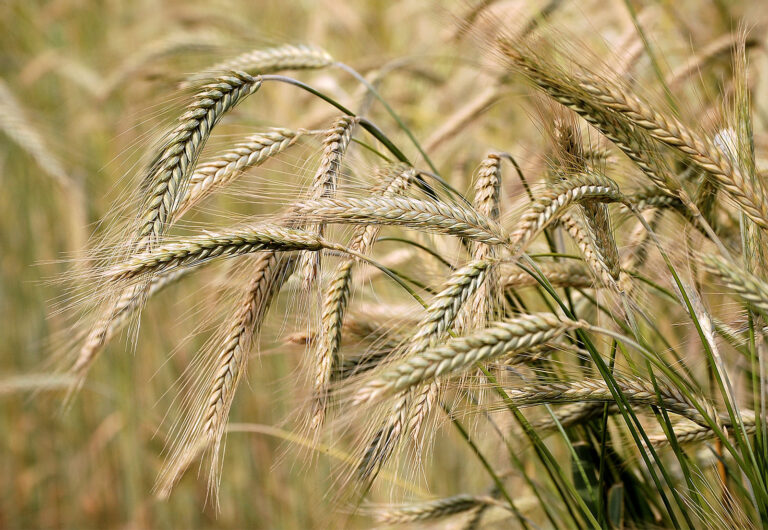
(Reuters) -Australia launched a formal appeal to the World Trade Organization (WTO) on Wednesday seeking a review of China’s decision to impose hefty tariffs on imports of Australian barley.
Acknowledging the appeal may take years to be resolved, Trade Minister Simon Birmingham told reporters Australia had little choice after Beijing imposed anti-dumping and anti-subsidy duties in May totalling 80.5% on Canberra’s barley – effectively stopping a billion-dollar trade in its tracks.
“Australia has an incredibly strong case,” Birmingham said.
A WTO official confirmed the Geneva-based body had received Australia’s request for consultations, starting a formal 60-day period for Australia and China to talk before an adjudicating panel can be formed.
The appeal to the international trade body threatens to further stoke bilateral tensions that have already seen China impose tariffs on a range of Australian commodities, while diplomatic communication is limited.
Already rocky after Australia in 2018 banned Huawei from its nascent 5G broadband network, the relationship with China cooled further after Canberra called this year for an independent investigation into the origins of the coronavirus pandemic, first reported in central China last year.
China has since limited beef imports, imposed tariffs on Australian wine and told its millers to stop buying Australian cotton.
The Chinese foreign ministry in Beijing declined to comment on Australia’s planned WTO appeal.
“I just want to stress that the Australian government should take China’s concerns seriously, and take concrete actions to correct its discriminatory actions against Chinese companies,” said Wang Wenbin, a spokesman at the ministry, speaking at a regular briefing.
While some analysts have said Australia should seek a truce with China, Canberra’s conservative government is under growing pressure from farmers who face five years without being able to sell to what has been their most lucrative market.
“It is imperative that we support the liberalisation of global trade and the rules that govern it,” said Fiona Simson, chief executive of the National Farmers Federation, in an emailed statement issued after Birmingham announced the WTO move.
About 70% of Australian exports of the grain typically go to China, Australian data show.
The effective block on sales to China also comes as Australian barley production is expected to hit nearly 12 million tonnes this crop year, after rain revived some of the biggest growing regions following years of drought.
Government sources, however, warned the WTO action won’t yield quick results.
Australia has low expectations of an immediate cessation of tariffs.
“We appealed a few months ago and they rejected that. So it seems unlikely that China will admit they were wrong,” said one person familiar with the details of the case who declined to be named because he was not authorised to talk to media.
Should consultations between Australia and China fail to yield a result, a WTO panel of three experts will be set up to look into the issue. Australia expects the case to take several years, and even if the panel rules in Canberra’s favour, China has the right to appeal.






